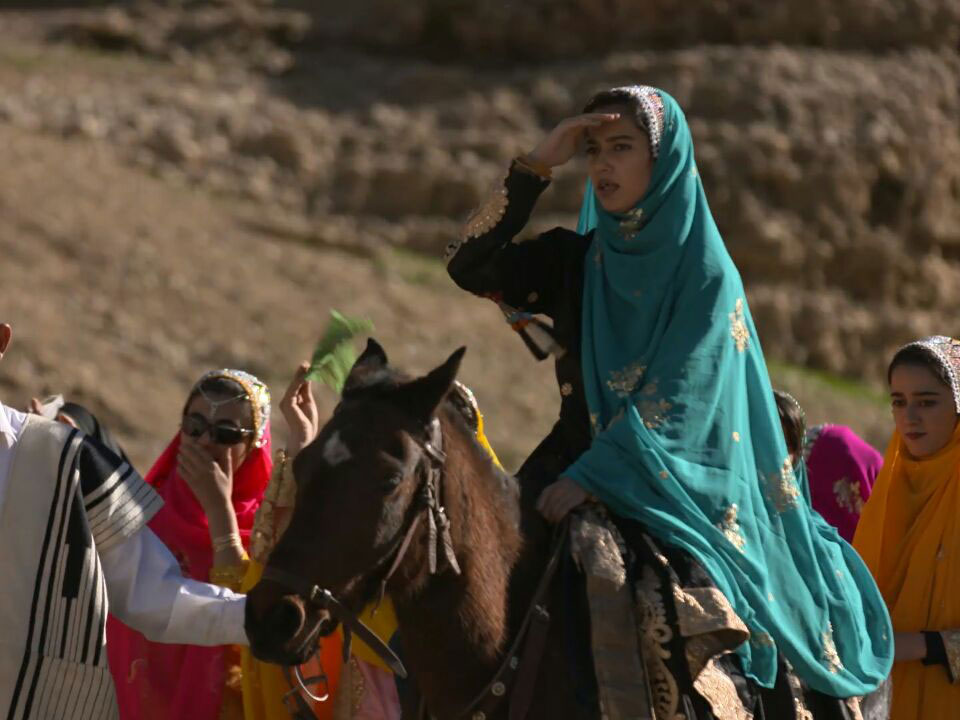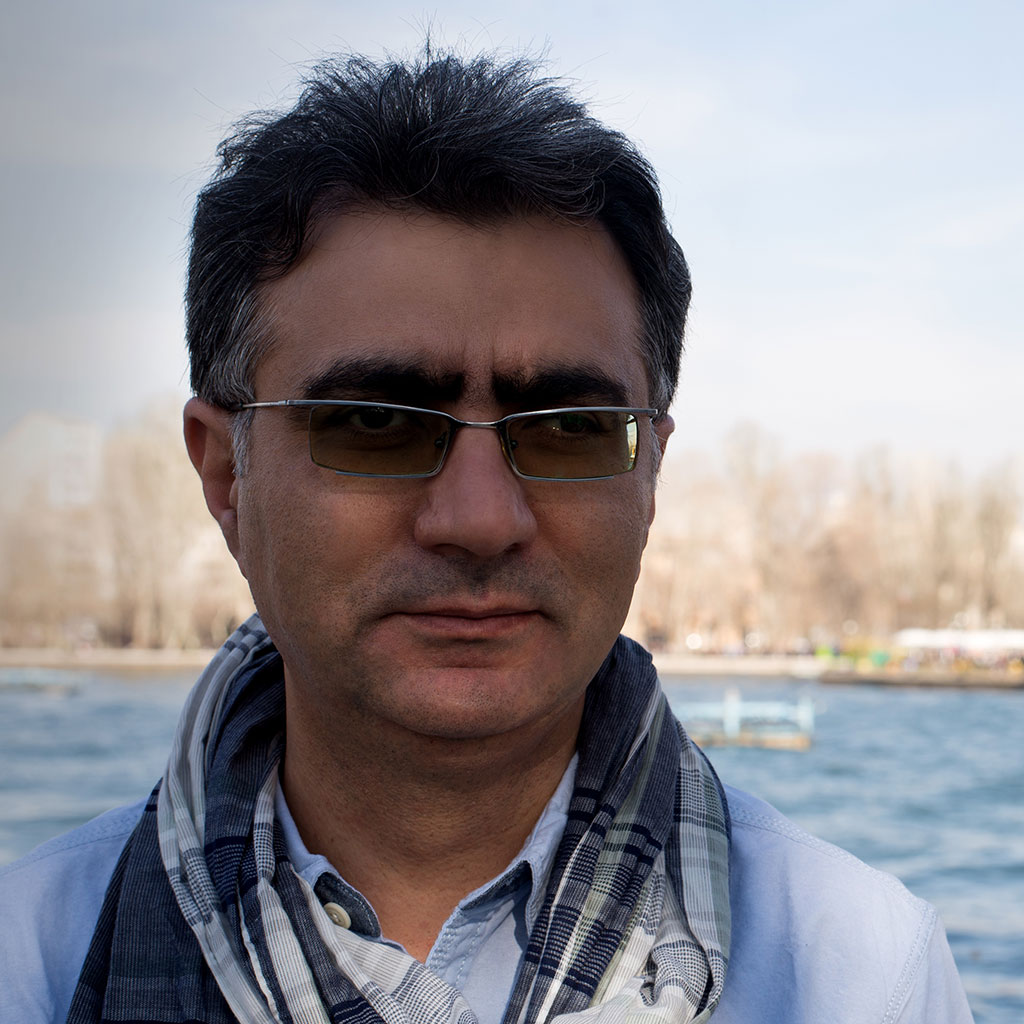Sa., 1. Juni 2019 | 15:00 | Filmforum
In low-rainfall Iran, for decades, important water veins were polluted by too many dams, and the scarce water resources were exhausted due to an invasive agriculture. Causes are also a sanction-related technological backlog and production pressure. As a result, the huge Lake Urmiya has nearly dried out, and so has the Hamoun marsh. Regional cultivation, but also ancient cultural areas and traditional lifestyles are threatened. The recent floods in spring 2019 with over 50 dead are no contradiction to that, but expression of a double catastrophe: climate change and inadequate water management.
Film Projection & Discussion
Karoon
Documentary, Mohammad Ehsani, IR 2018, 50′
Ehsani has been documenting the threat to Iran’s limited water resources for a long time. His latest film portrays the rich cultural landscape the river Karoon passes on its way – once the Iranian river most abounding in water. And it shows the devastating effects of a false water management on fish stocks, on unique biotopes and on the local ethnic groups.
Followed by panel discussion with Dr. Sudeh Dehnavi (ITT, TH Cologne – University of Applied Sciences), Susanne Annen (Exhibition Manager/Art & Exhibition Hall of the Federal Republic of Germany), Mohammad Ehsani (filmmaker “Karoon”).


